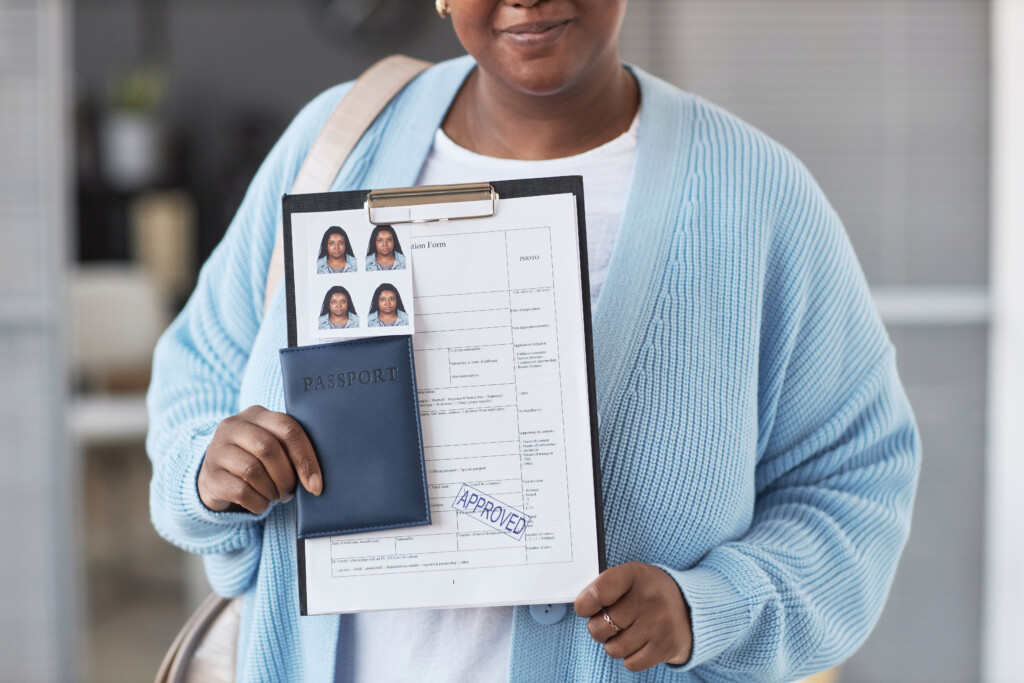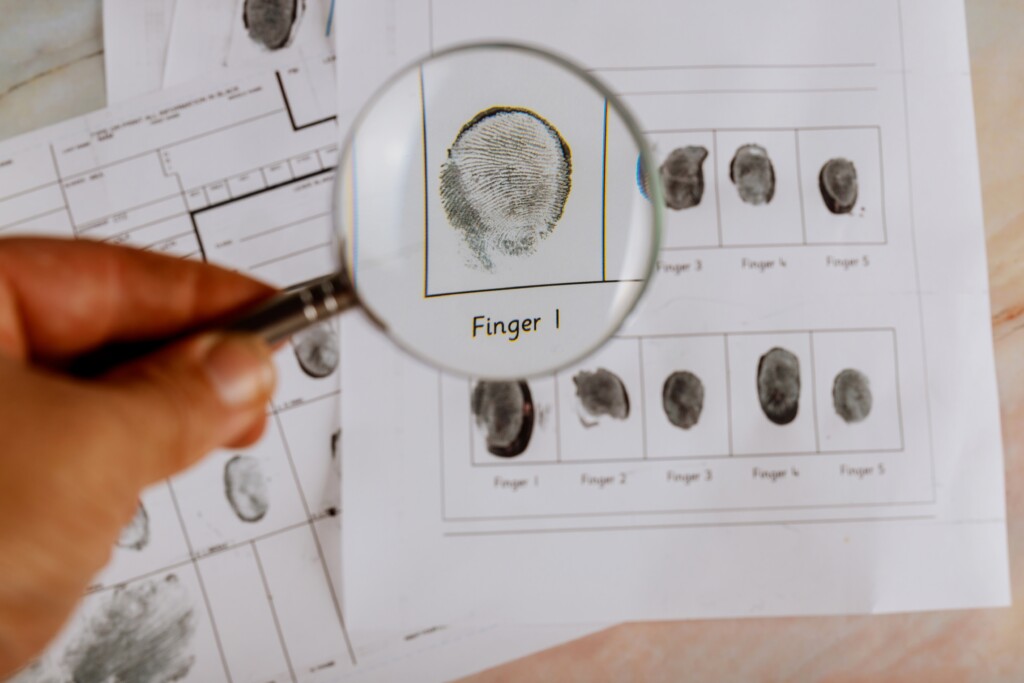Overview: Background Check for Permanent Residence in Canada
A permanent resident in Canada is a person who is permanently living and working in the country. Permanent residents enjoy a variety of benefits from the right to live, work, and study in Canada, to access to social benefits, protection under the law, the right to sponsor their family members, as well as access to job training, and education. A permanent resident also has a pathway to becoming a Canadian citizen.
However, the path to gaining permanent residence in Canada is complex with numerous hurdles. At the top of the list of hurdles are background checks, you must go through one before becoming a permanent resident (PR).
What Does a Background Check Include in Canada?
Background checks are processes that the Canadian government uses to collect and verify information provided in immigration applications. The checks generally include identity checks, criminal record checks, and employment verification checks.
Identity verification checks: The Canadian government does identity verification to confirm an applicant’s identity, that they are who they claim to be.
Criminal record check: In a criminal record check, the Canadian government checks if an applicant has a criminal record. If so, they can be inadmissible to Canada unless they secure a pardon or record expungement.
Employment verification check: This check involves checking an applicant’s employment records/details and if they are accurate.
Purpose of Background Checks
The Canadian government does background checks before granting immigrants permanent residence, this is because it is critical for ensuring Canada doesn’t grant residency without proper due diligence of each and every person. In a nutshell, background checks ensure immigration doesn’t result in threats to national security.
What’s more, without criminality checks, there’s no way of confirming if immigration applicants are persons of integrity who have provided accurate information and won’t engage in vices like fraud.

IRCC Background Check
Several Canadian authorities collaborate in the immigration process. However, the IRCC (Immigration, Refugees & Citizenship Canada) is the authority mandated to oversee immigration processes and decide on individuals’ eligibility for employment or residency in Canada. As a result, if you are seeking permanent residence in Canada, you can expect to go through an IRCC background check.
While IRCC doesn’t directly do criminality checks, it relies on information from several authorities such as the local police departments, the Royal Canadian Mounted Police (RCMP), CSIS (Canadian Security Intelligence Service), and provincial/municipal authorities when assessing an applicant’s admissibility. IRCC background checks follow the essential steps below;
Step 1: Initial Application
An immigration background check for permanent residency starts when a person submits an application for residency. This application is submitted directly to the IRCC. If you are seeking employment first in Canada, your application can be submitted via the employer sponsoring you for a work permit/permanent residency.
Step 2: Request for Background Check
Once your application for residency is received, a background check is requested in many cases. The type of checks may vary depending on factors like the nature of work you will do in Canada.
For instance, more thorough checks are requested for persons who are seeking permanent residency in Canada and are supposed to work in industries like healthcare and transportation. The Canadian government requires thorough criminality checks for applicants intending to work in “sensitive” industries.
Step 3: Background Checks
The actual background checks are done in this step. As mentioned, the IRCC collaborates with different government agencies including the RCMP. Depending on the type of check required, authorities may access local and national police databases as well as any other relevant sources of information to collect a comprehensive report on a person’s background including a criminal history check.
Step 4: Verification
The IRCC verifies the information provided including credentials, employment history, criminal convictions, or any pending charges in the country an applicant resides in and other countries. This process involves checks against the national security databases of countries as well as intelligence reports to ascertain the authenticity of documents/information provided.
Step 5: Assessment of Admissibility & Denial/Acceptance of Applications
Based on the conclusions made from the above steps, the IRCC will decide on a person’s admissibility to Canada. Many factors from criminal history to eligibility criteria for permanent residents and security concerns are considered.
The IRCC gives a final decision based on the results of background checks and any other relevant factors. If you meet the necessary criteria and pass a background check, your application status will be communicated officially, granting you permanent residency.

If there are concerns/discrepancies in background check results, applications are likely to be denied and refusal letters issued. An application review process can also be recommended, allowing further review after the applicable processing times have lapsed.
I Want Permanent Residency in Canada but I Have a Criminal Record: What Do I Do?
Your chances of being granted permanent residency in Canada when you have a criminal record are slim to none. This is because criminal records aren’t automatically erased in Canada even after serving a sentence. However, you can still get permanent residency in Canada with a criminal record. You just need to secure a pardon (record suspension) or an expungement (record destruction).
Pardon (record suspension): If you have been convicted of a crime, you can have such a record sealed and it will not appear in police background checks as well as criminal record checks. In such a case, your IRCC background check won’t pick up your criminal past and your permanent residence application won’t be denied on the basis of a criminal history.
A pardon is obtained after completing a sentence and paying all fines (if applicable). You also need to have refrained from criminal activity. If that is the case, you can submit a fully filled application form to the Parole Board of Canada. The application needs to meet eligibility criteria and have accurate and all the relevant information. Since the process is complex and a lot may be at stake i.e., your permanent residence application can be denied, we recommend you consult Canadian Pardon application experts to assist you.
Expungement (record destruction): If you are charged with committing a crime, even if you weren’t convicted, your record, fingerprints, photos, and other relevant documentation can be accessed. A record destruction ensures such records are completely removed.
If you already have a pardon, you can apply for expungement and have such records fully removed from the Canadian Police Information Centre records. It’s worth noting that a pardon doesn’t fully remove records and some law enforcement authorities can make special requests and get access. Expungement ensures this doesn’t happen.
Like seeking pardons, record destruction is a complex procedure with eligibility requirements and strict application processes. To lower the risk of having your expungement application denied and consequences like failing to get permanent residency, we recommend you consult Canadian record expungement experts.
What Is the Next Step After Background Check IRCC?
If you have a criminal record, you can seal the record as discussed above by applying for a pardon or record destruction. After that, you are likely to pass background checks because your criminal history will be sealed or erased. The next step after an IRCC background check is a police clearance certificate.
Police Clearance Certificate for Canada PR
After an IRCC check, you may be required to submit more information/additional documentation to secure permanent residency in Canada. A PCC (police clearance certificate) is at the top of the list of possible additional documents required. A police certificate is issued by an applicant’s country of residence. It is meant to confirm an applicant’s criminal record.
To get a PCC, an applicant needs to contact the authority responsible (relevant police authority in their country of origin) or country of residence (if you have been living in a foreign country for a long time). Procedures for obtaining a PCC tend to vary for different relevant countries. As a result, it’s advisable to seek legal advice from an immigration lawyer or other immigration experts to understand legal matters among other important information like calendar days for processing certificates.
Besides a police certificate, other official documents/additional information that may be needed before final decisions on applications include reference letters, biometrics (fingerprint requests), and photos for identity verification and security screening procedures.

Final Thoughts
In a nutshell, background check assessments are an important part of securing permanent residency in Canada. If you don’t have a criminal history, you don’t have to worry about your IRCC background check. However, if you have only been charged or charged and convicted of any crime, you’ll need a pardon or record expungement to seal or destroy your criminal record, after which you can apply to become a permanent resident in Canada.
The application process for securing pardons or having records expunged is complicated which is why you need experts. What’s more, you’ll avoid unreasonable delays when you work with true experts.
Canadian Pardon Application Services: Experts in Canadian Immigration Matters
Canadian Pardon Application Services offers record suspension (pardon) and record destruction (expungement) as well as US entry waivers to thousands of foreign nationals every year.
Not sure your background check for permanent residency application will be approved? Contact proven experts known for advising on comprehensive checks. Get a FREE 30-minute consultation on the immigration background check process, screening of applications, the role of foreign intelligence agencies, security screening clearance, permanent residency document checklist, background check certificates, temporary resident requirements, Canadian visa process (visa application), Canadian citizenship screening, exempt country immigration applications and more.
Canadian Pardon Application Services boasts 575,000+ immigration applications and related applications approved successfully in Canada since 1970.
